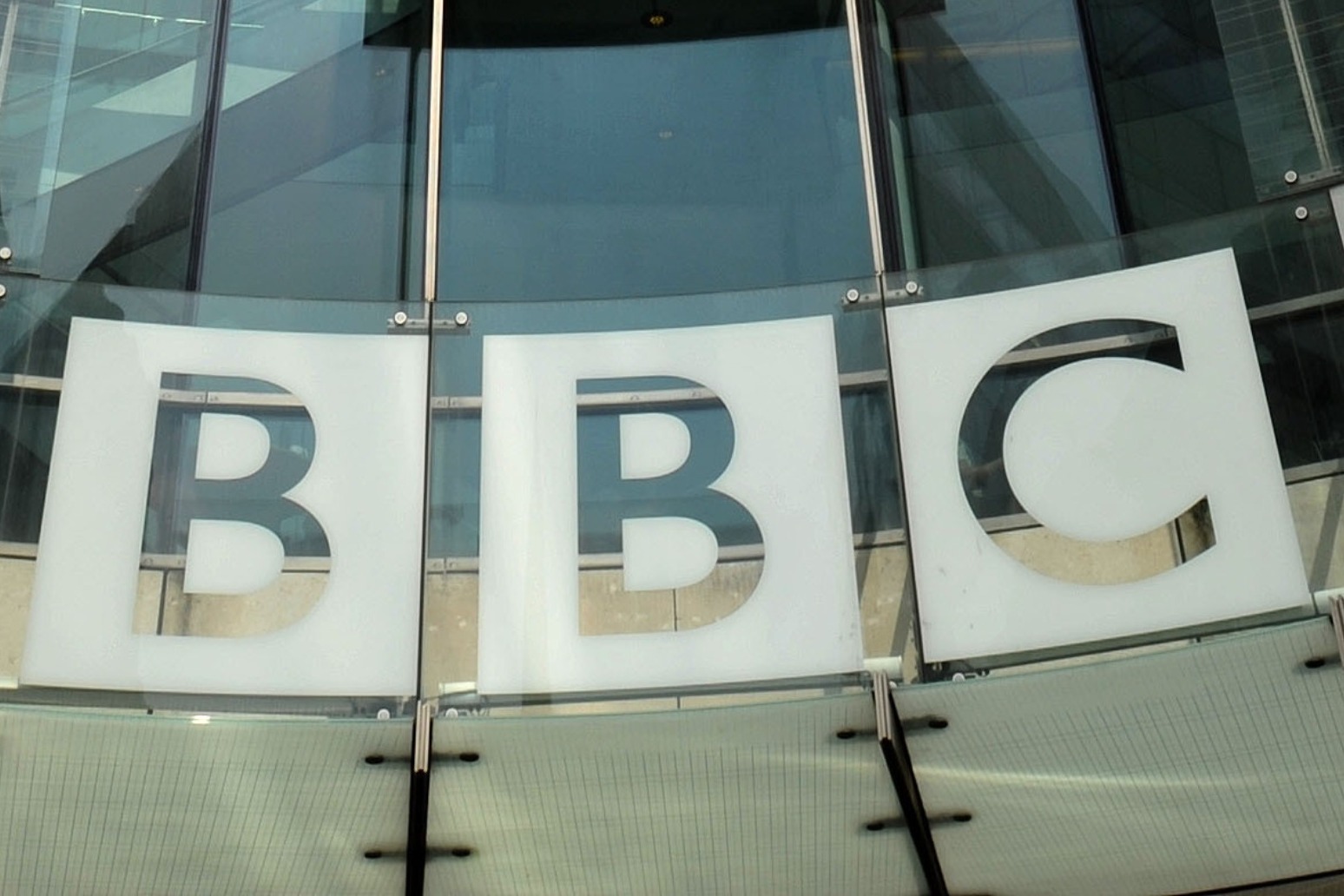
BBC boss: I would rather produce less content than compromise on quality
The BBC’s director-general has said he would rather produce less content than compromise on quality when considering funding cuts to the broadcaster.
It comes as the corporation is engaged in conversations on how to fund its services as the licence fee faces an uncertain future.
Culture Secretary Nadine Dorries announced earlier this year that the fee will be frozen for the next two years and said she wants to find a new funding model for the broadcaster after the current deal expires in five years.
Speaking at the VLV Spring Conference about cost-saving measures being considered, Mr Davie said he would rather “make slightly less” content but he was not willing to “compromise quality”.
He added: “I think the idea of trying to protect universality by doing everything with every service is the wrong way forward, you spread yourself too thin.”
The BBC boss confirmed he would not be announcing what will be cut yet but said the strategy is to “maximise the value” of the licence fee as part of the public service mission.
“We’re not trying to be Netflix, we are the BBC and very highly distinctive, of the highest quality,” he added.
He said the plan is to find ways to be more efficient with funding as well as seeking out avenues for more commercial income and third party investment.
The BBC currently makes around 31 original dramas a year, and Mr Davie said the corporation would probably have to “make less” or they would not have as much funding.
Another potential cost-saving measure includes services like BBC Four becoming “primarily archive services”.
He acknowledged this would mean repeat programming but argued this would still be of value to customers who enjoy the channel’s content.
BBC Three recently returned as a broadcast channel in February, nearly six years after it moved online.
It was revived as a linear channel following the success of shows including Normal People and Fleabag which helped bring a younger audience to the broadcaster.
Reflecting on whether it was the right time to introduce a new broadcast channel, Mr Davie said: “I do think we need a special service for younger people. I mean, it’s worked for us with BBC Three.
“The incremental cost of the linear shop window is actually relatively small because we’re making the content, the issue is how many hours is BBC Three.”
He added that linear channels still have a “long way to run” despite the industry’s move towards digital as it is “a very good shop window for our content”.
However, Mr Davie noted that the “biggest decision” the BBC faces is how it is going to “deliver public service media in a digital age”.
“We’ll have to make a choice on where our services are at and then how we distribute them,” he added.
“Can we distribute every service on every platform? They’re the kind of questions (we’re asking). We will make some choices and make that clear over the coming weeks.”
Published: by Radio NewsHub